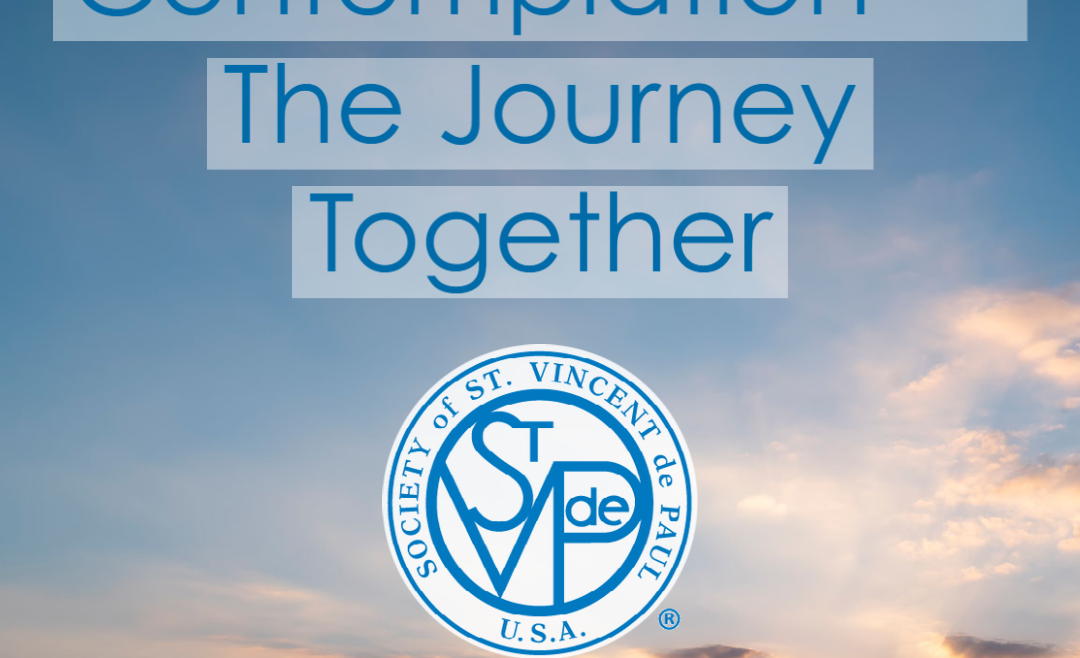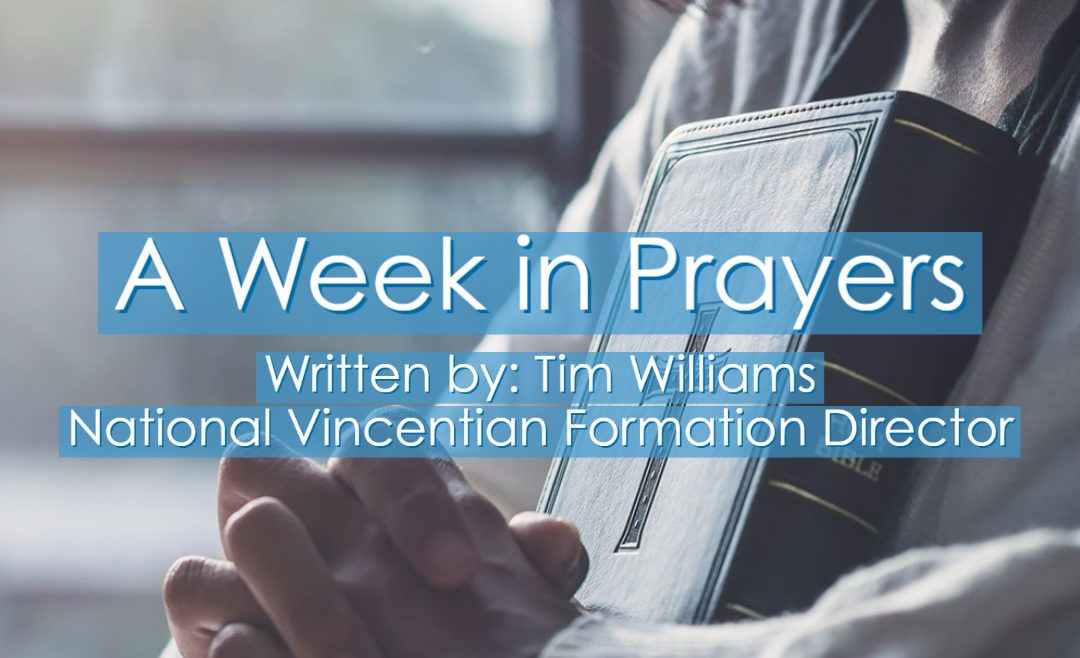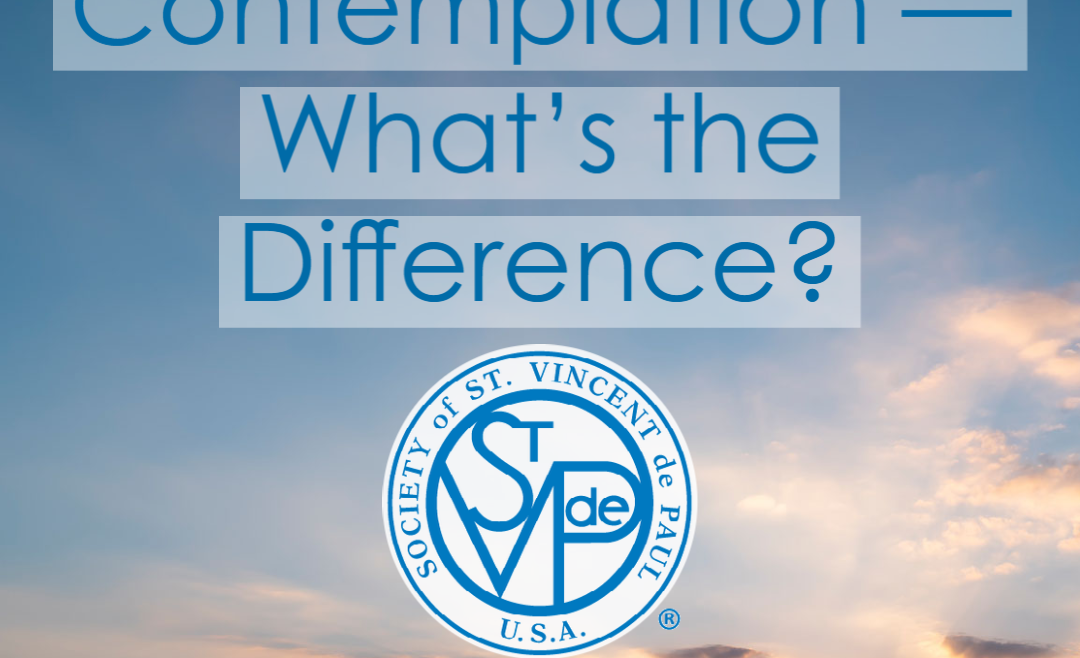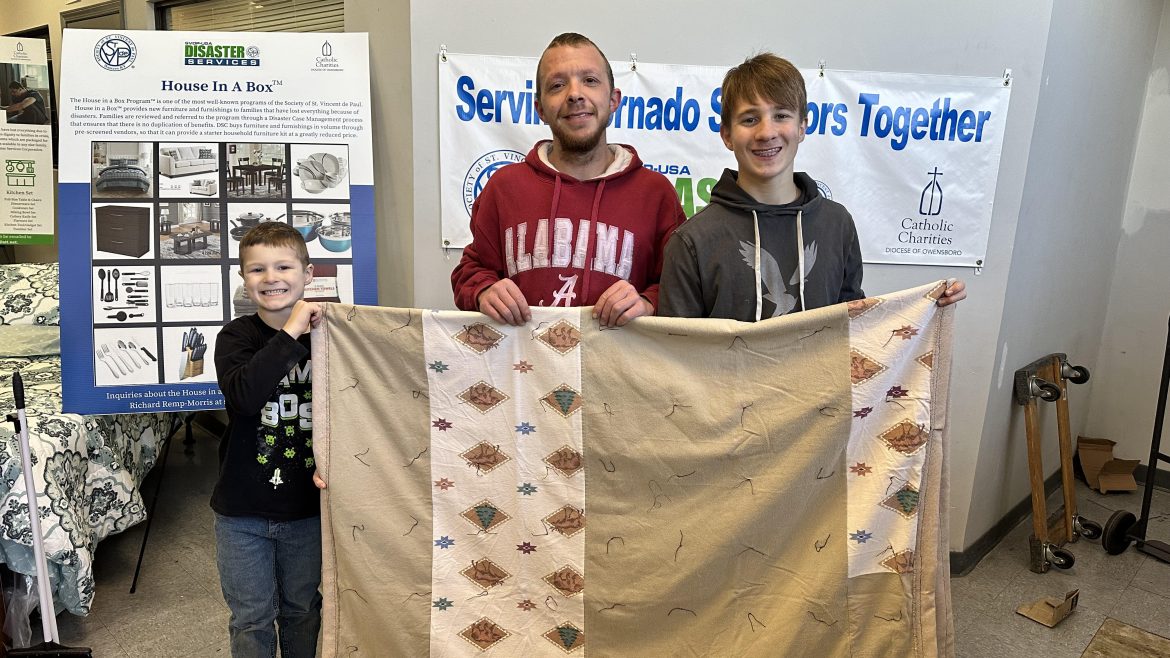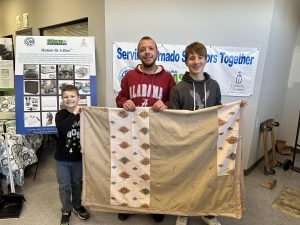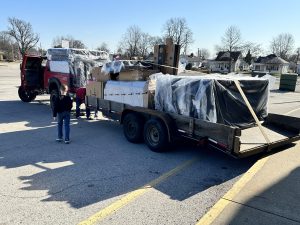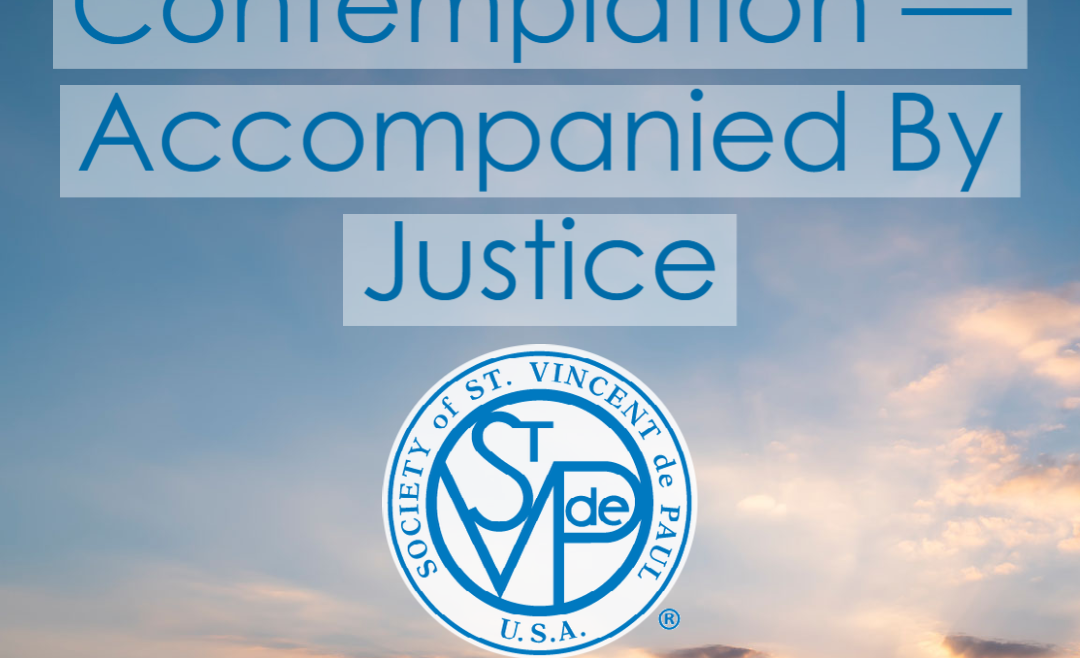“Vincentians,” the Rule reminds us, “are called to journey together towards holiness.” [Rule, Part I, 2.2] We repeat this often among ourselves, perhaps sometimes at the risk of it becoming a mere slogan. It is good to consider more deeply from time to time exactly what we are saying, and more importantly to ask ourselves: What is holiness? In what special way are Vincentians called to it?
Our church, of course, teaches that all of us are called to holiness, not just a few of us, not just the clergy or other religious – all of us, whatever our state in life. [LG, Ch V] Because of the great variety of gifts and talents we are given, we may walk different paths towards the perfection to which Christ calls us, and for members of the Society of St. Vincent de Paul, this vocation is our special way of being Catholic, our special pathway to holiness.
But what, exactly, is holiness? The Church officially declares the holiness of men and women through beatification and canonization. These blessed people stand for us as role models and intercessors. Yet part of these ecclesiastical processes is a requirement for performing miracles. Does the “universal call to holiness” then require each of us to perform miracles? That would seem to be a fairly high bar!
Pope Francis assures us that there are “saints next door”. Perhaps you have met a few of those gentle souls whose kindness seems almost to touch you physically when you are in their presence. Perhaps this example of the virtue of gentleness is a small glimpse of the “heroic virtue” the church recognizes in our martyrs and saints. Can we journey towards holiness by living our virtues “heroically”? Can we be role models?
Yet, there is another aspect of holiness, and an important one, which is that “no one is saved alone, as an isolated individual.” Indeed, we “are never completely ourselves unless we belong to a people.” [GetE, 6] We not only are made to live in community, but to lead each other to holiness through community. This is why we understand our Conferences to be “genuine communities of faith and love, of prayer and action.” [Rule, Part I, 3.3] We grow in holiness not only by sharing one another’s presence and prayers, but by sharing the work, and reflecting together on God’s presence in the poor.
This, perhaps, is the special call to holiness the Society helps us to follow – that we may not only lead each other to holiness, but, through our works and our love, help to all welcome people to God’s saving plan, one person, one neighborhood, one community at a time.
Contemplate
How do I grow in holiness within my Conference? Within my larger community?

